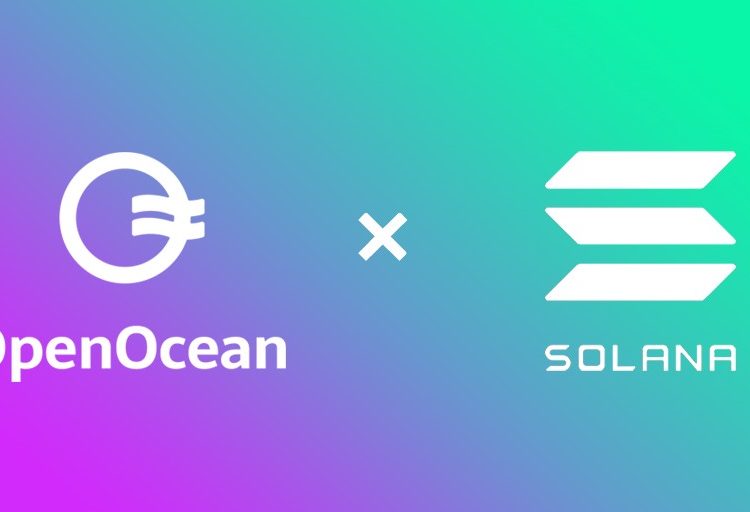OpenOcean, a decentralized full aggregation protocol, announced today that it is expanding its reach to the Solana network.
The expansion will bring OpenOcean’s DEX aggregation protocol serving both CeFi and DeFi liquidity into Solana’s high-performance network environment, empowering DeFi users to customize, automate, and execute trades with lowered gas fees and better yields.
The Solana blockchain is known in the crypto industry as a fast, secure, and censorship-resistant framework for accessing core financial products from both centralized and decentralized environments, opening a reliable and robust point of interaction for the crypto economy.
OpenOcean is fairly new in the crypto space, having been launched in Q3 of 2020. Despite being a new name in the industry, it has quickly gained traction as the first on-chain crypto aggregation protocol to capture liquidity across multiple exchanges, bridging the worlds of centralized and decentralized exchanges together. The protocol works by aggregating the best prices and lowest slippages for every trade order based on data gathered by its optimized intelligent routing algorithm.
According to OpenOcean, the protocol will continue to launch cross-chain protocol aggregation and develop new integrations to support more cross-chain protocols for financial products in the DeFi and CeFi sector such as derivative, lending, as well as insurance products.
To date, the protocol supports five blockchains, namely: Ethereum, Ethereum Layer2, BSC, TRON, and ONT, with full Solana integration launched today. OpenOcean is currently the leading aggregation protocol in Binance Smart Chain based volume, and is also the first ever aggregator on the TRON Network.
The expansion to Solana was made in response to OpenOcean’s community demanding its integration into Solana Network to create a more versatile platform for trading. According to OpenOcean, over 14,000 votes were cast on Twitter to demand for the expansion. OpenOcean users can now trade popular Solana tokens such as SOL, RAY, SRM, OXY, and FIDA, among others.
Disclaimer: This article is provided for informational purposes only. It is not offered or intended to be used as legal, tax, investment, financial, or other advice.
Credit: Source link












































